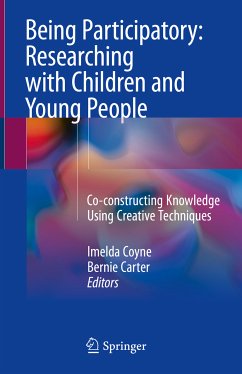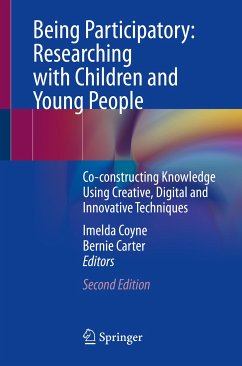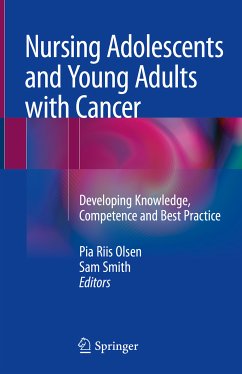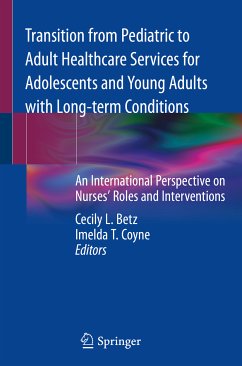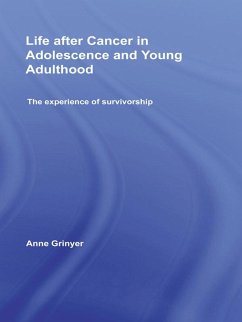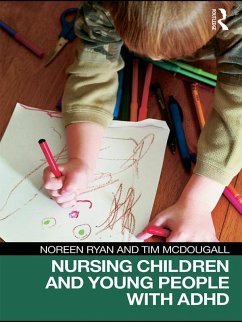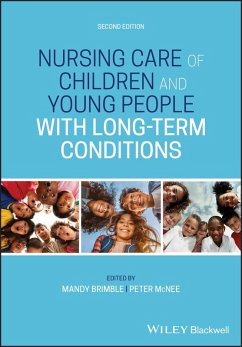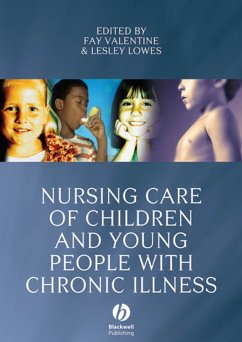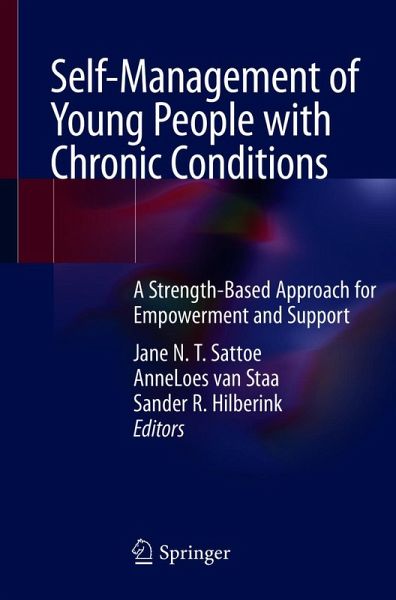
Self-Management of Young People with Chronic Conditions (eBook, PDF)
A Strength-Based Approach for Empowerment and Support
Redaktion: Sattoe, Jane N. T.; Hilberink, Sander R.; Staa, AnneLoes van
Versandkostenfrei!
Sofort per Download lieferbar
48,95 €
inkl. MwSt.
Weitere Ausgaben:

PAYBACK Punkte
24 °P sammeln!
This book focuses on young people (12-25 years old) growing up with a chronic somatic condition and/or physical disability, facing different challenges during their transition to adulthood and to adult healthcare services. Becoming an adult often proves extra challenging for them, because the adaptive tasks related to living with a chronic condition can clash with developmental milestones. Finding a good balance and integrating these tasks in daily life is also referred to as self-management. This book addresses self-management and empowerment of young people with chronic conditions as well as...
This book focuses on young people (12-25 years old) growing up with a chronic somatic condition and/or physical disability, facing different challenges during their transition to adulthood and to adult healthcare services. Becoming an adult often proves extra challenging for them, because the adaptive tasks related to living with a chronic condition can clash with developmental milestones. Finding a good balance and integrating these tasks in daily life is also referred to as self-management.
This book addresses self-management and empowerment of young people with chronic conditions as well as the Positive Youth Development concept. It elaborates on theories and approaches and offers a complete overview of self-management interventions for young people with chronic conditions, emphasizing on the tasks of medical, emotion and role management. It also elaborates on the roles and tasks of professionals, as well as the patient-provider relationship; the shifting roles between young people and their parents and the role of peer support.
This book is unique in its broad view on self-management, i.e. it goes beyond medical management and focuses on young people achieving their maximum potential and a good quality of life. Furthermore, the book employs a positive youth development approach, focusing on empowerment and growth rather than problems or issues.
It offers an overview of the state-of-the-art and evidence concerning self-management support for young people with various chronic conditions. As such it is of benefit for all healthcare professionals working in care for young people, but also for researchers interested in this topic.
Dieser Download kann aus rechtlichen Gründen nur mit Rechnungsadresse in A, B, BG, CY, CZ, D, DK, EW, E, FIN, F, GR, HR, H, IRL, I, LT, L, LR, M, NL, PL, P, R, S, SLO, SK ausgeliefert werden.



